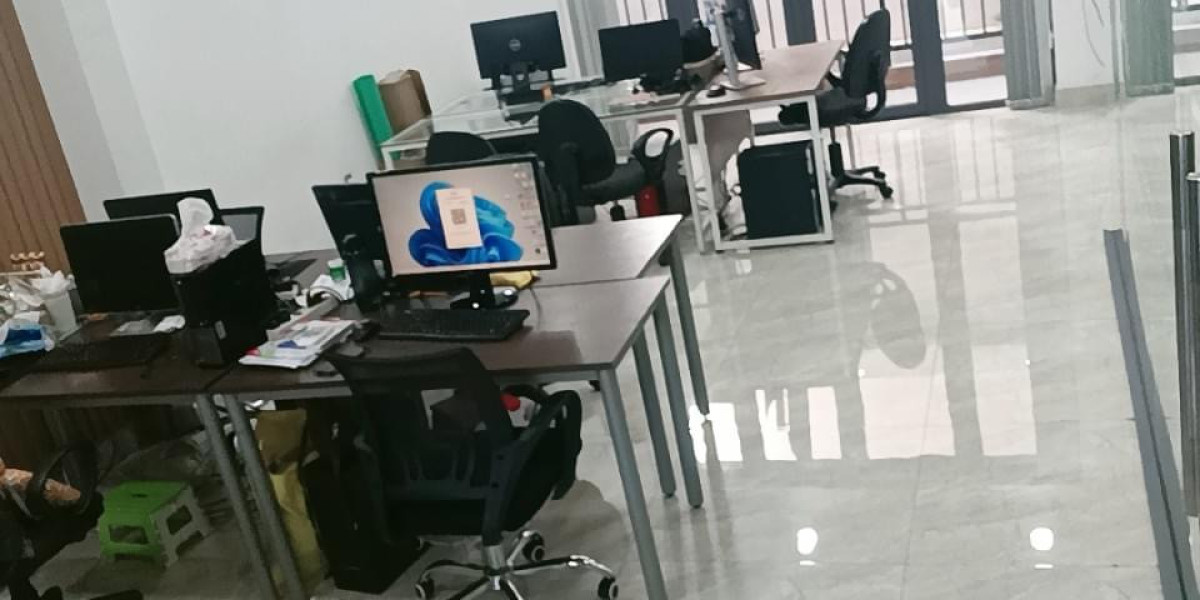Residential demolition in Sydney is a critical service that supports the city’s rapid urban growth, renovations, and infrastructure upgrades. Whether you're planning a complete home rebuild, clearing space for a new development, or removing an unsafe structure, understanding the ins and outs of house demolition is essential. This guide explores everything you need to know about residential demolition Sydney—from planning and permits to choosing the right contractor.
What Is Residential Demolition?
Residential demolition refers to the process of safely dismantling or tearing down residential structures, including houses, garages, sheds, and other buildings on private properties. Demolition can be full-scale, where the entire building is removed, or partial, where only a section (such as a rear extension or roof) is demolished to make way for renovations or extensions.
Common Reasons for Residential Demolition in Sydney
Rebuilding or Renovating: Many homeowners in Sydney opt for a knockdown-rebuild instead of extensive renovations, especially when the original structure is outdated or structurally compromised.
Unsafe Structures: Buildings damaged by fire, floods, or structural instability may pose safety risks and require demolition.
Property Development: Developers often demolish existing houses to subdivide land or construct new apartment blocks or townhouses.
Asbestos Removal: Older homes containing asbestos may be more cost-effective to demolish entirely rather than undertake expensive and hazardous renovations.
The Residential Demolition Process
Initial Assessment
A demolition contractor inspects the site to assess the structure, check for hazardous materials (like asbestos), and plan logistics, including equipment and access.Council Permits and Approvals
In Sydney, demolition typically requires council approval or a Complying Development Certificate (CDC). This involves submitting site plans, an asbestos report (if applicable), and notification to neighbours.Utility Disconnections
Services such as electricity, gas, water, and sewerage must be professionally disconnected before demolition begins.Asbestos Inspection and Removal
Homes built before the 1990s often contain asbestos. A licensed asbestos removalist must assess and remove it safely, following NSW Work Health & Safety Regulations.Demolition Day
Contractors use machinery like excavators, bulldozers, and hydraulic shears to dismantle the structure. Manual deconstruction may be required for tighter sites or sensitive surroundings.Waste Removal and Recycling
Responsible demolition companies prioritize waste sorting, with up to 90% of materials (such as timber, steel, and bricks) being recycled to reduce landfill impact.
Choosing a Residential Demolition Contractor in Sydney
When selecting a demolition company, consider the following:
Licensing and Accreditation: Ensure the contractor holds a valid NSW demolition licence and complies with SafeWork NSW standards.
Experience: A reputable contractor will have a proven track record with similar residential projects.
Insurance: Public liability and worker’s compensation insurance are crucial to protect you from potential liabilities.
Transparent Quotes: Request detailed quotes outlining costs for labour, equipment, permits, asbestos removal, and cleanup.
Customer Reviews: Positive testimonials and before/after photos can offer insight into the contractor’s reliability and quality of work.
Legal and Environmental Considerations
Sydney’s residential demolition is governed by local councils, NSW Environment Protection Authority (EPA), and WorkCover NSW. Key responsibilities include:
Noise and Dust Control: Demolition must comply with regulations to minimize disruption to neighbors.
Traffic Management Plans: Required for sites on busy roads or with heavy equipment access.
Tree Protection Orders (TPO): Some trees may be protected, requiring special permits before removal.
Sustainable Demolition Practices
Modern demolition contractors in Sydney often follow eco-friendly practices including:
Deconstruction over demolition where feasible
Salvaging reusable materials (floorboards, doors, bricks)
Using electric or hybrid machinery to reduce emissions
Proper disposal of hazardous materials
Sustainability not only benefits the environment but can also reduce landfill costs and attract favourable council support.
Final Cleanup and Site Preparation
After demolition, the site is thoroughly cleared, levelled, and compacted. This preparation is essential for the next phase of construction and ensures that new structures have a safe, stable foundation.
Conclusion
Residential demolition in Sydney is more than just tearing down walls—it's a strategic, regulated process that involves safety planning, legal compliance, environmental consideration, and professional execution. Whether you're embarking on a knockdown-rebuild or clearing a site for development, partnering with an experienced, licensed demolition contractor is key to success.







